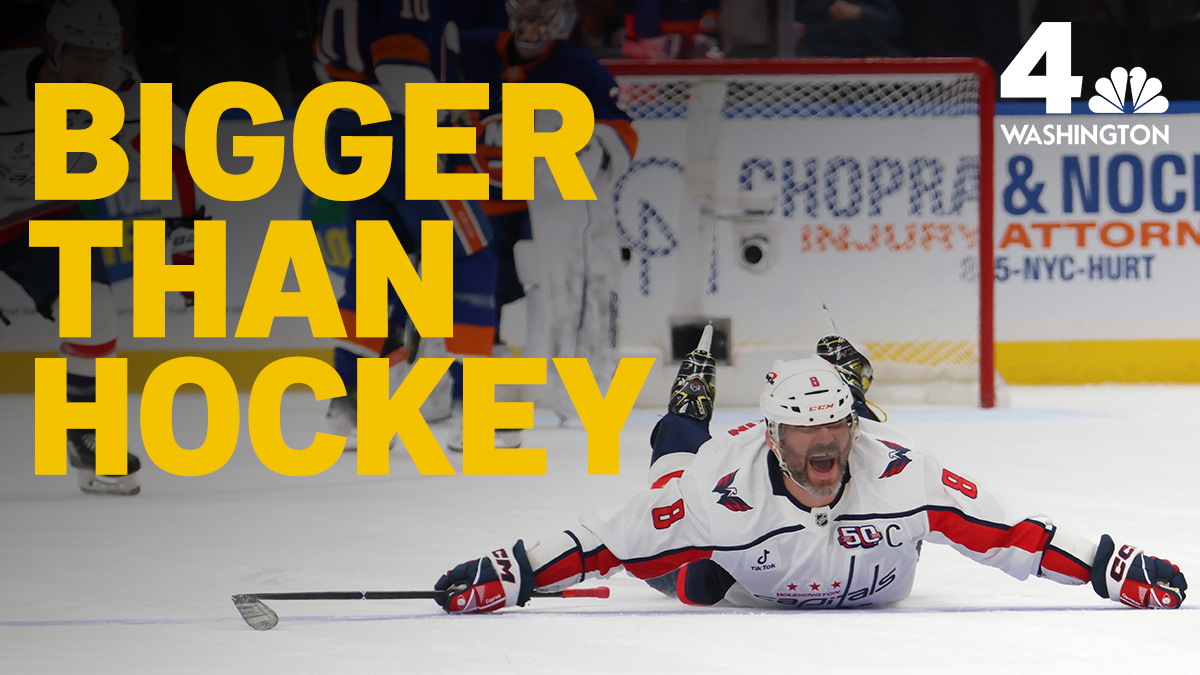Elgin Baylor, D.C. native, NBA legend, dies at 86 originally appeared on NBC Sports Washington
Elgin Baylor, a Washington, D.C. native and Naismith Memorial Basketball Hall-of-Fame forward, died Monday of natural causes at age 86, according to the Los Angeles Lakers.
Baylor played all 14 of his NBA seasons for the Lakers before retiring in 1972 and becoming a trail-blazing head coach with the New Orleans Jazz and later an executive with the Los Angeles Clippers. He was the NBA’s Executive of the Year in 2006.
We've got the news you need to know to start your day. Sign up for the First & 4Most morning newsletter — delivered to your inbox daily. Sign up here.
Even at 6-foot-5, Baylor’s above-the-rim playing style presaged future greats like Julius Erving, Michael Jordan, Kobe Bryant and LeBron James despite occurring in an era before consistent television coverage of college or pro basketball.
The Lakers announced that Baylor died with his wife, Elaine, and his daughter, Krystal, by his side. He is also survived by his son, Alan, and daughter, Alison, and a sister, Gladys Baylor Barrett
Born in 1934 in the District, Baylor attended Spingarn High School, a segregated all Black school in Northeast in the days before the Supreme Court’s landmark Brown vs. Board of Education decision integrated Washington’s education system.
Baylor went west after high school. He played one year at the College of Idaho and two more at Seattle University, where he led the Chieftains (now the Redhawks) to the NCAA Tournament title game in 1958 where they lost to Kentucky.
Baylor turned professional and was the No. 1 pick in the 1958 NBA Draft by the Minneapolis Lakers. He stayed with the franchise when it moved to Los Angeles in 1960 and formed one of the great partnerships in NBA history with guard Jerry West.
Baylor was named first-team All-NBA in 10 of his first 11 seasons. He led the Lakers to the NBA Finals eight times, but Baylor retired early in the 1971-72 season when Los Angeles finally won its first championship.
The Lakers had a 19-53 record the year before Baylor arrived. Then-owner Bob Short – the same man who later moved the Senators from Washington to Texas -- convinced Baylor to turn pro after his junior season.
“If he had turned me down then, I would have been out of business,” Short told the Los Angeles Times in 1971. “The club would have gone bankrupt.”
Baylor finished fourth in scoring as a rookie (24.9 points per game), third in rebounding (15.0 rebounds per game) and eighth in assists (4.1 assist per game). He had a 55-point game that year that ranked as the third-most ever scored in an NBA game at the time and was named the NBA’s Rookie of the Year.
The Minneapolis Lakers finished 14 wins better than the year before at 33-39 and made a stunning run to the NBA Finals before falling to the Boston Celtics in a four-game sweep.
Baylor averaged 27.4 ppg during his 14 seasons. Only Michael Jordan (30.1 ppg) and Wilt Chamberlain (30.1 ppg) have averaged more. In 1961-62, Baylor averaged a career-high 38.2 ppg despite spending weekends as a U.S. Army reservist, a duty that kept him from practicing and limited him to 48 games. Baylor scored 71 points in a 1960 game to set an NBA record that held until Chamberlain’s famous 100-point game in 1962. Baylor also set the single-game scoring record for the NBA Finals when he had 61 in Game 5 of the 1962 championship series against the Celtics.
He retired as the NBA’s third-leading rebounder with a career total of 11,463. That still ranks 27th all time. Baylor was elected to the Naismith Memorial Basketball Hall of Fame in 1977 and was named one of the NBA’s 50 greatest players of all time in 1996. After his playing career concluded, Baylor entered the coaching ranks taking over the New Orleans Jazz from 1974-79. In the 1986 season he was named vice president of basketball operations for the Los Angeles Clippers, and in typical Baylor fashion he earned Executive of the Year honors in 2006.


